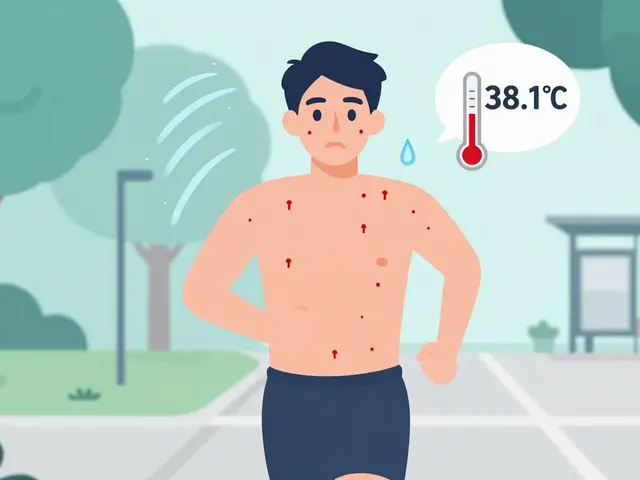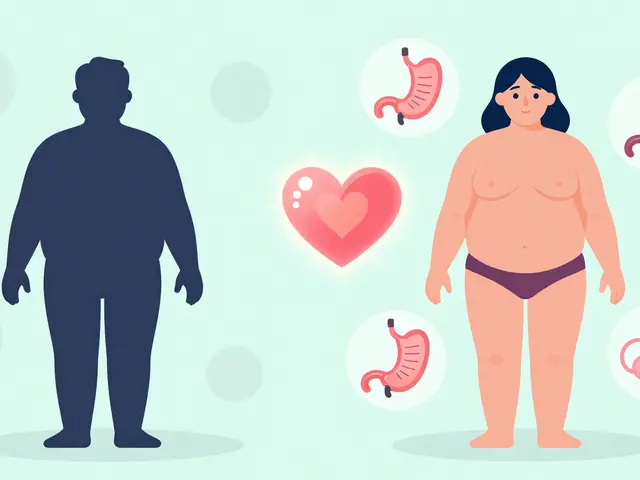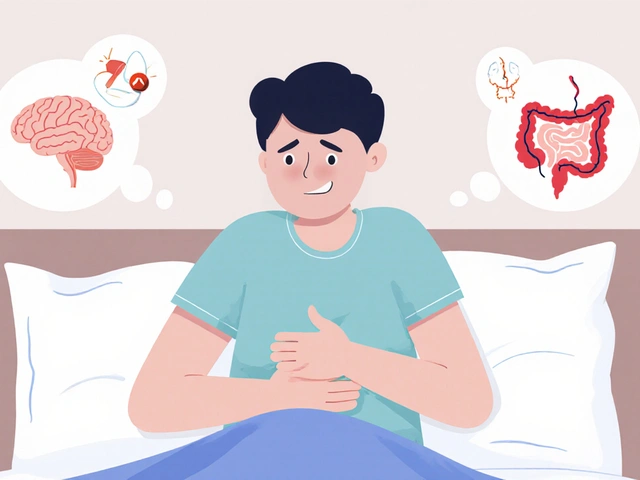Heart disease treatment: practical options and what to expect
Heart disease treatment covers a lot: medicines, lifestyle changes, procedures, and long-term follow-up. Which mix you need depends on the exact problem — blocked arteries, weak heart muscle, abnormal rhythms, or valve trouble. Below I’ll explain common options in plain language so you can talk smarter with your doctor.
Common medicines and what they do
Medications aim to stop damage, relieve symptoms, and prevent attacks. Here are the main types and why doctors use them:
- Antiplatelets (like aspirin): keep platelets from clumping and help prevent heart attacks after stents or in high-risk patients.
- Anticoagulants (warfarin, apixaban): used when clot risk is high — for example after certain heart surgeries or with atrial fibrillation.
- Beta-blockers (Toprol/metoprolol): slow the heart and lower blood pressure; they reduce strain in heart failure and after heart attacks.
- ACE inhibitors / ARBs: these lower blood pressure and protect the heart muscle over time.
- Diuretics (Lasix/furosemide, spironolactone): remove extra fluid to ease breathlessness and swelling in heart failure. Note: discuss alcohol with spironolactone — it can affect side effects.
- Antiarrhythmics (amiodarone/Cordarone): control dangerous rhythms, but need careful monitoring for side effects.
- Statins: cut cholesterol and lower the chance of future heart attacks.
Procedures, devices, and rehab
If medicine isn’t enough, procedures can fix or improve blood flow and rhythm. Angioplasty and stenting open blocked arteries. Coronary bypass surgery reroutes blood when multiple vessels are blocked. For rhythm problems, catheter ablation can isolate the source of bad beats; pacemakers and ICDs help with slow rhythms or dangerous fast rhythms.
Cardiac rehab is often underrated. It’s a supervised program of exercise, education, and support after a heart event. People who do rehab usually recover faster and feel better long term.
Lifestyle changes matter a lot. Stop smoking, aim for steady exercise, follow a heart-friendly diet (think vegetables, whole grains, lean protein, low salt), control weight, and limit alcohol. Small, consistent changes help medications work better.
Watch for warning signs: new chest pain, sudden breathlessness, fainting, a fast or very irregular pulse, or sudden swelling in legs. Those need urgent medical attention. Also keep regular check-ups for blood pressure, cholesterol, kidney function, and any meds that require blood tests.
Finally, talk openly with your clinician about side effects and drug interactions. If you buy meds online, use only reputable pharmacies and check prescriptions carefully. Our site has guides on Toprol, Cordarone, spironolactone, and preventing clots after surgery if you want deeper reading. Treatment plans change over time — stay engaged, ask questions, and get a clear follow-up plan.

Nitrate Medications Explained: What to Know About Long-Term Use and Heart Health
Nitrate medications are vital for many people dealing with heart problems, but long-term use comes with its own set of complications. This article goes in-depth about how these drugs work, what patients experience with continued use, and why staying monitored is key to safety. You'll learn about side effects, the science behind nitrate action, and expert tips for managing treatment. Whether you're a patient or a caregiver, there are practical insights and evidence-based advice throughout. The article also covers the need for regular doctor visits for anyone on nitrates long-term.
View More




